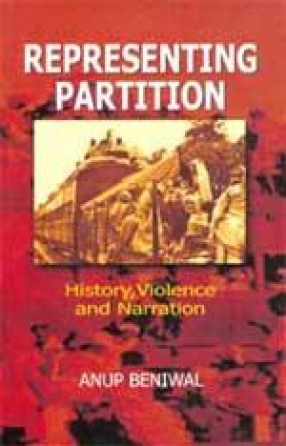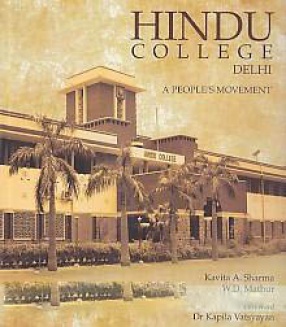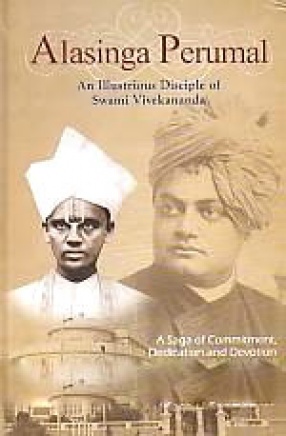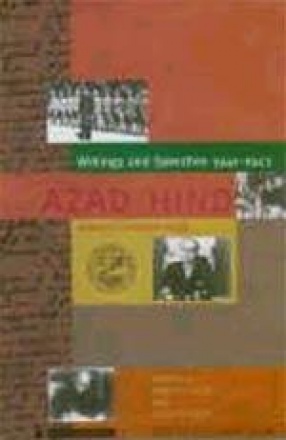A critical watershed in the history of the subcontinent, the Partition of the Indian subcontinent in 1947 reverberates through the socio-political and cultural discourses of India via a twofold process of implosion and explosion. The dialectics of this embedding has drawn a host of creative and critical minds in its vortex and has exercised the literary imagination of the sub-continent. The very nature of the socio-historical arrangements and ideological idioms bequeathed by the experience of Partition has been such that it provides a perennially potential platform to creatively play upon the possibilities and probabilities pregnant within the phenomenon. In Indian Writing in English the Burden of this imaginative exploration has mainly been borne by the Novel. Taken together the Partition novels in their continual engagement with this tragic and atavistic aspect of the Indian sub-continental experience, in fact, emerge as a sub-species- with a distinct problematic and poetics of its own-within the larger matrix of the Indian Novel in English. The present study, through a critical analysis of selected novels, viz., Train to Pakistan, Sunlight on a Broken Coumn. A Bend in the Ganges, The Rape, Azadi, Ashes and Petals, When Freedom Came, A Fine Family, Delhi, Midnight’s Children, The Great Indian Novel and Looking Through Glass, proposes to outline, understand and analyze this distinctive creative production, the interface between its content and form, and how this content-form/text-context dialectics has evolved over time. The focus here is on: Unravelling the historiographic potentials of these creative responses; nderstanding how this literary corpus responds to Partition violence: Analyzing and outlining the structural peculiarities of partition narratives; and, and Comparing and contrasting the pre and post Rushdie responses to Partition.
Representing Partition
In stock
Free & Quick Delivery Worldwide
Bibliographic information
Title
Representing Partition
Author
Edition
1st ed.
Publisher
ISBN
8190292919
Length
vii+208p., Notes; References; Bibliography; 23cm.
Subjects





There are no reviews yet.